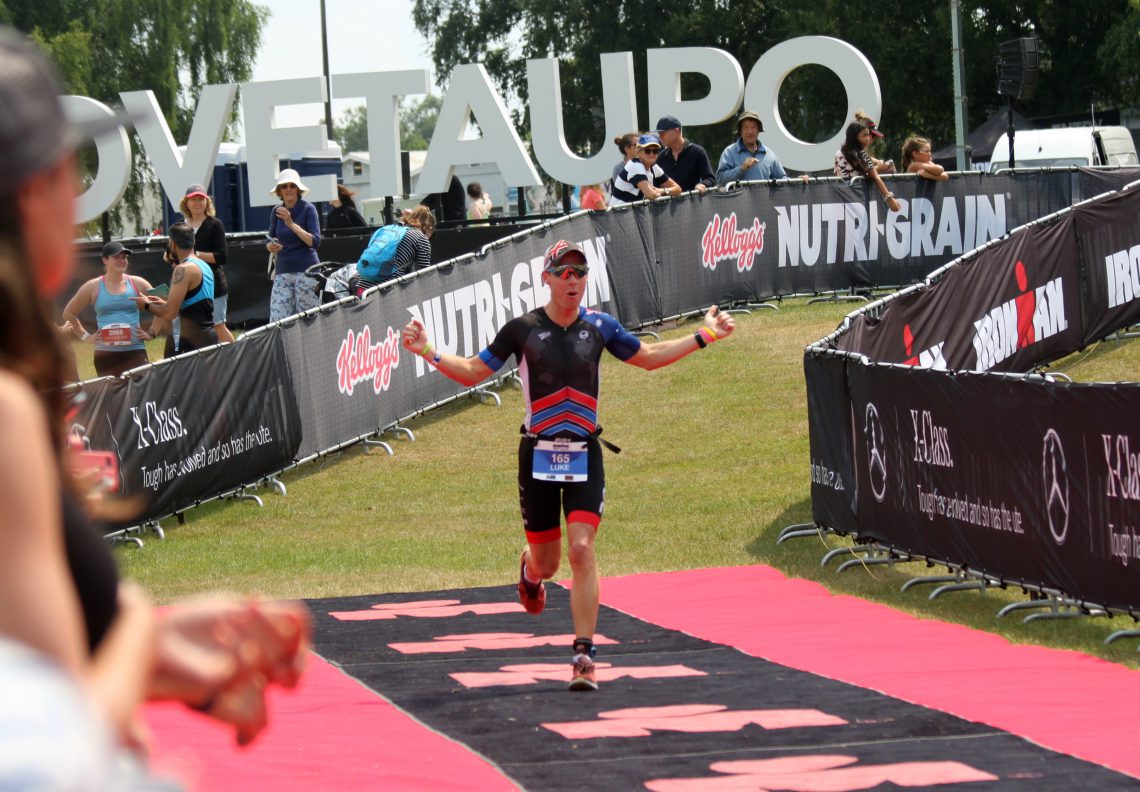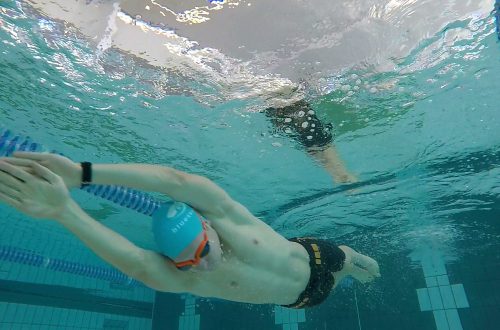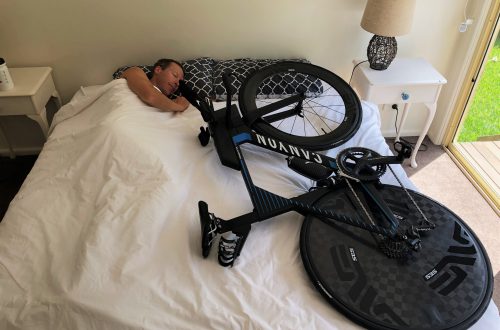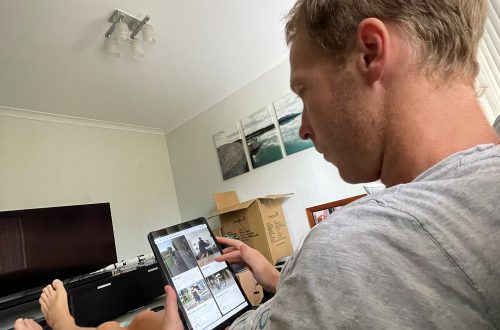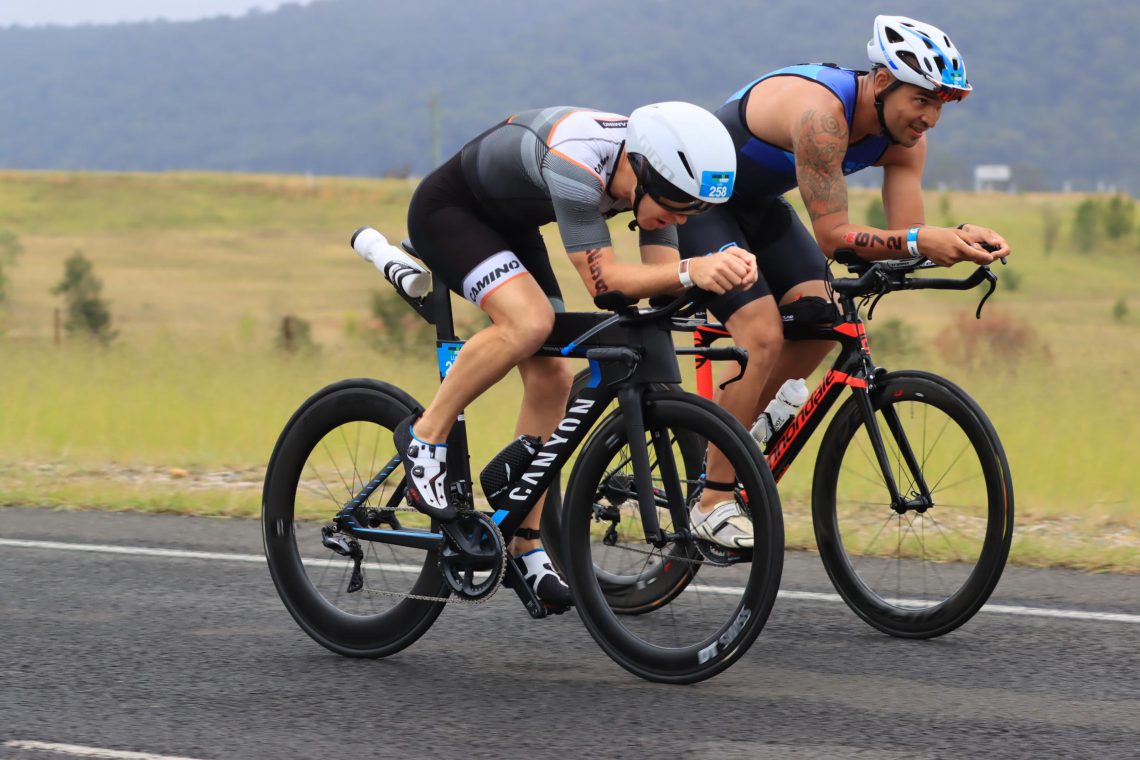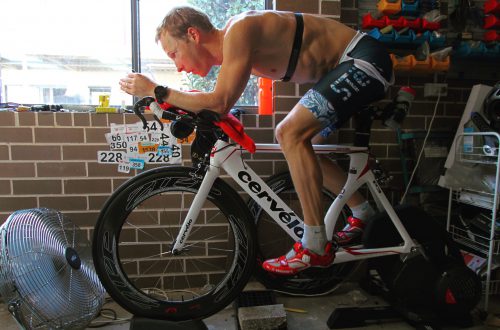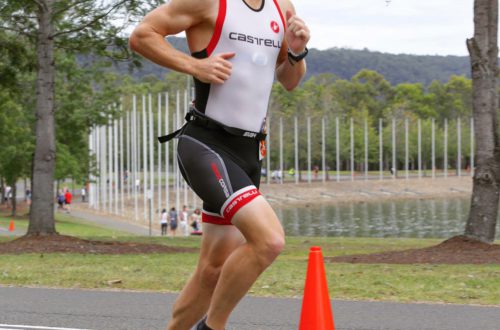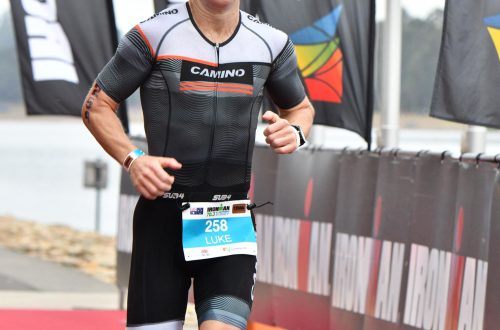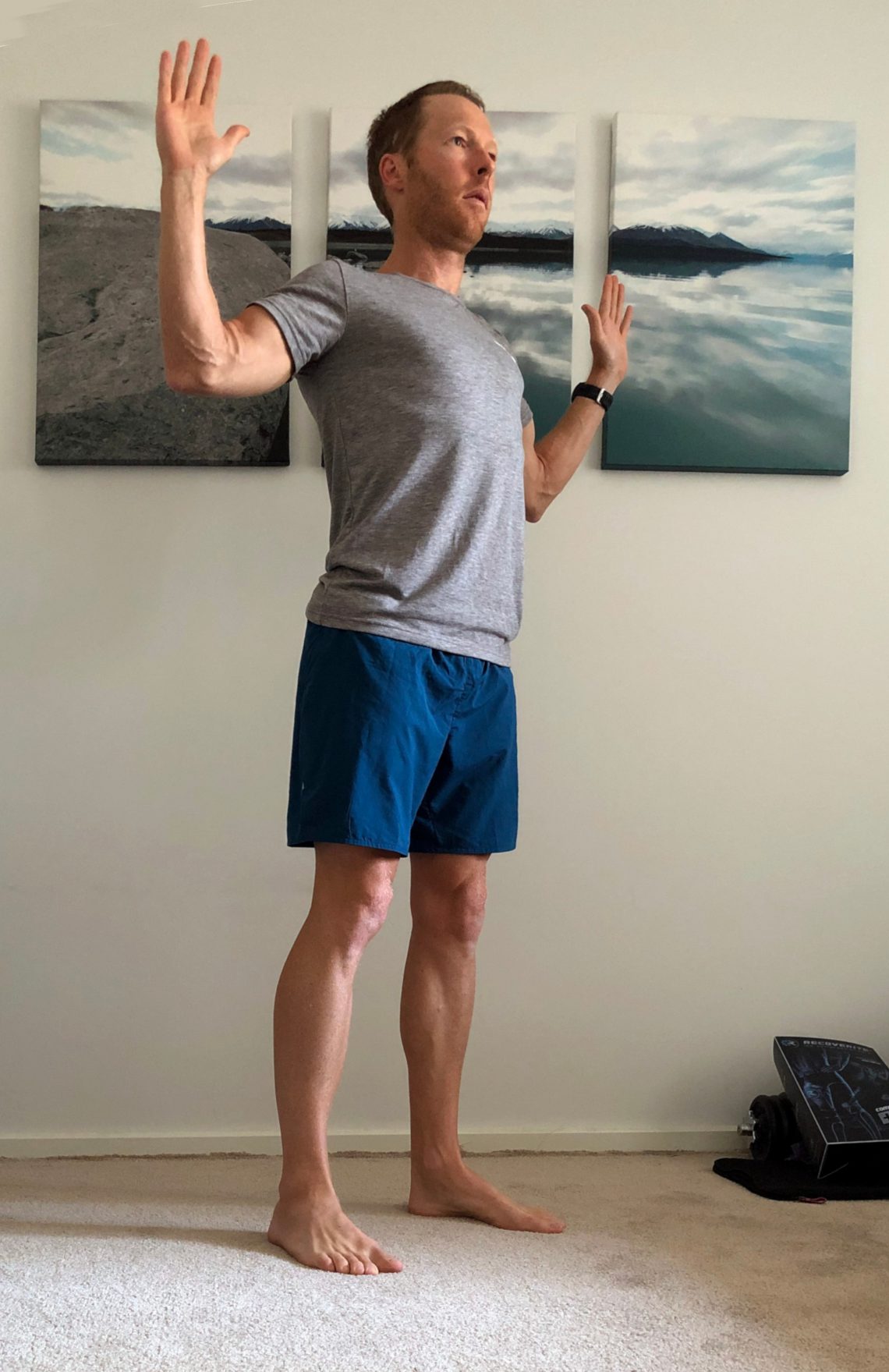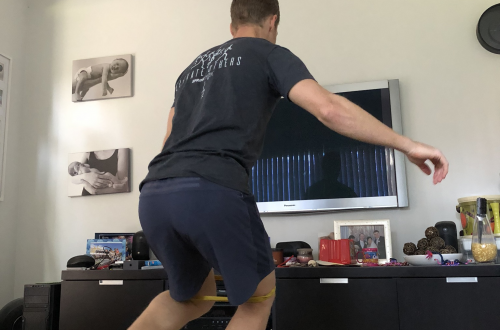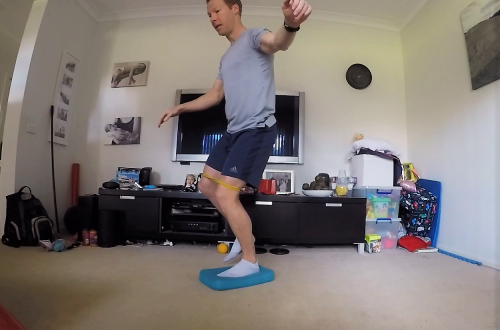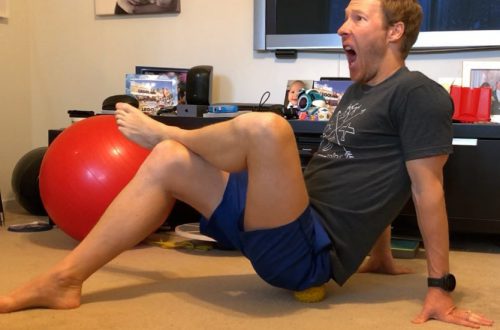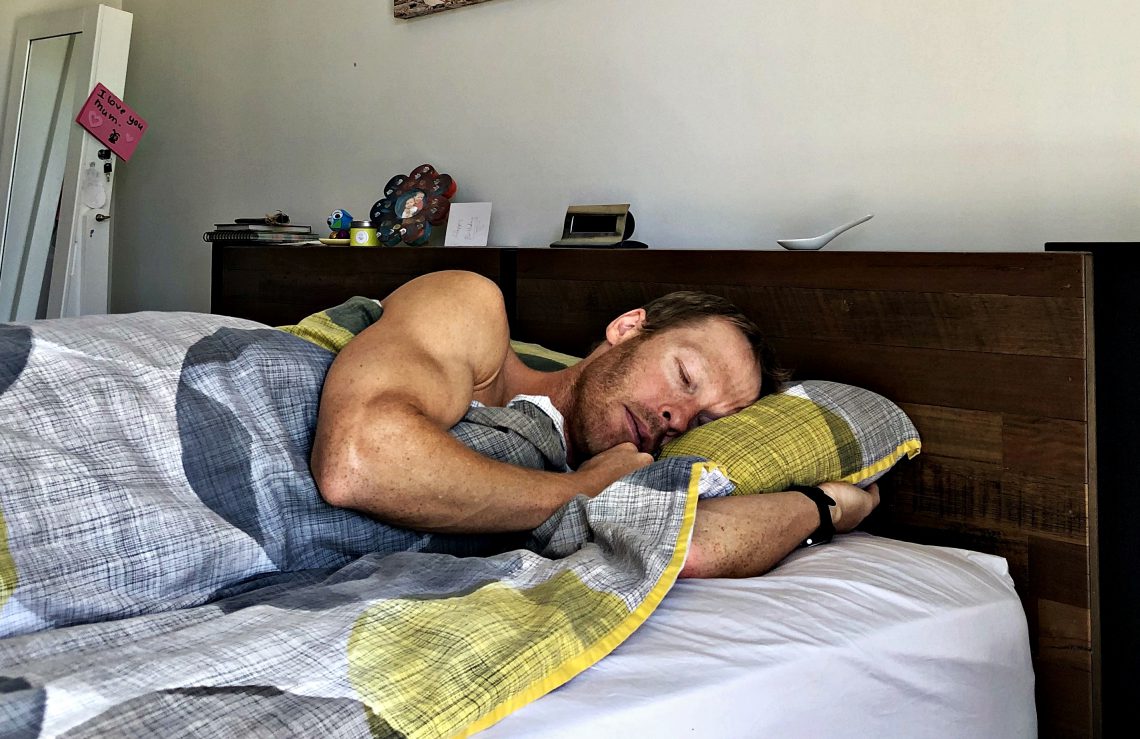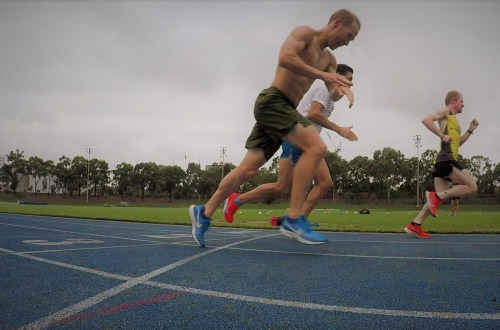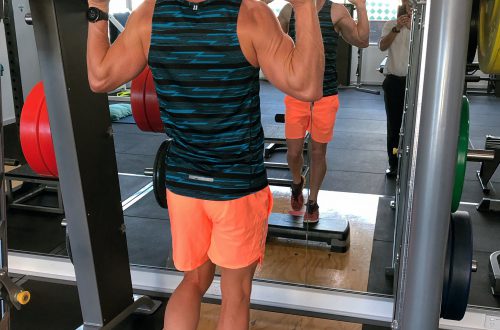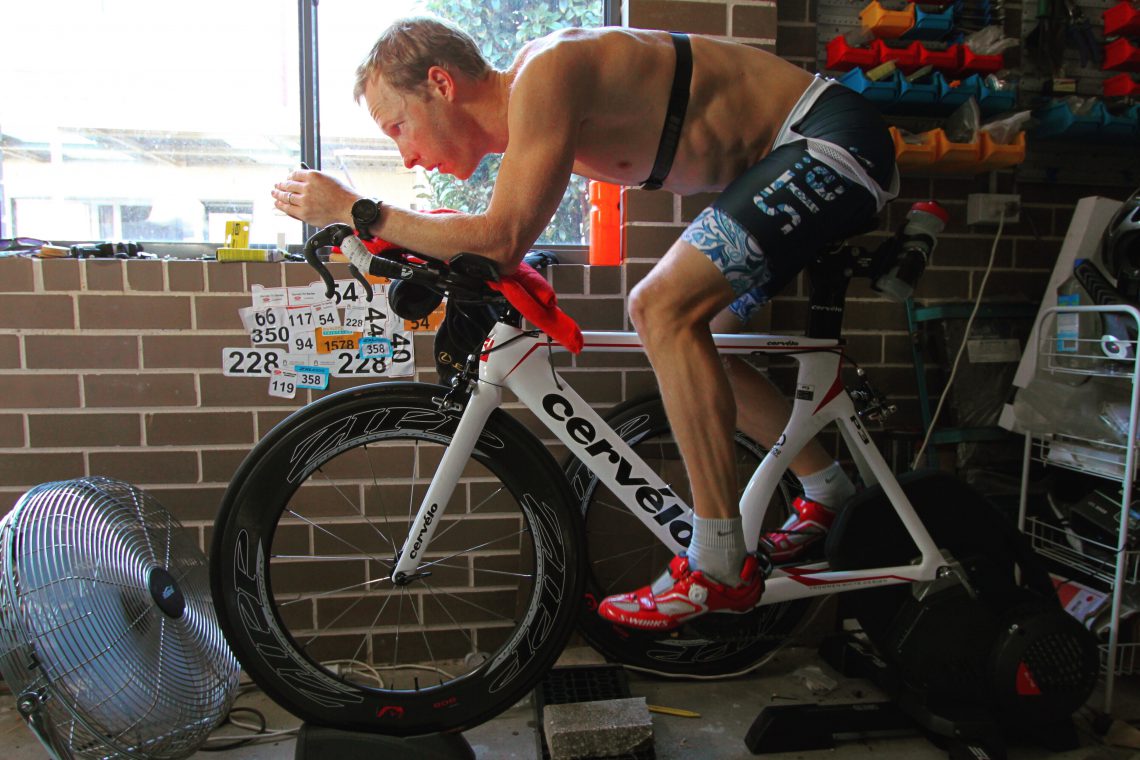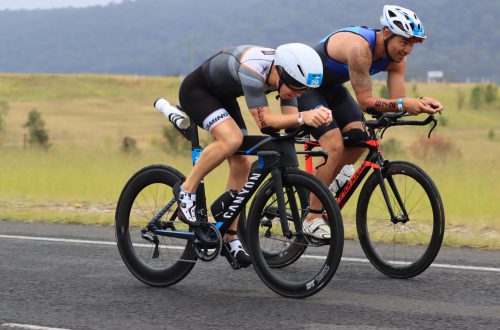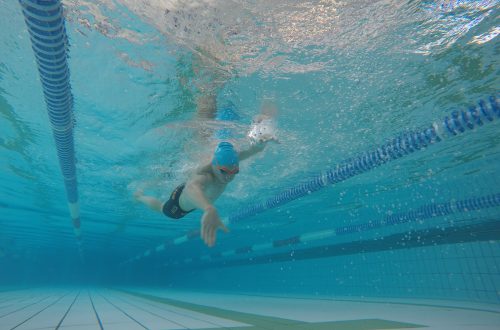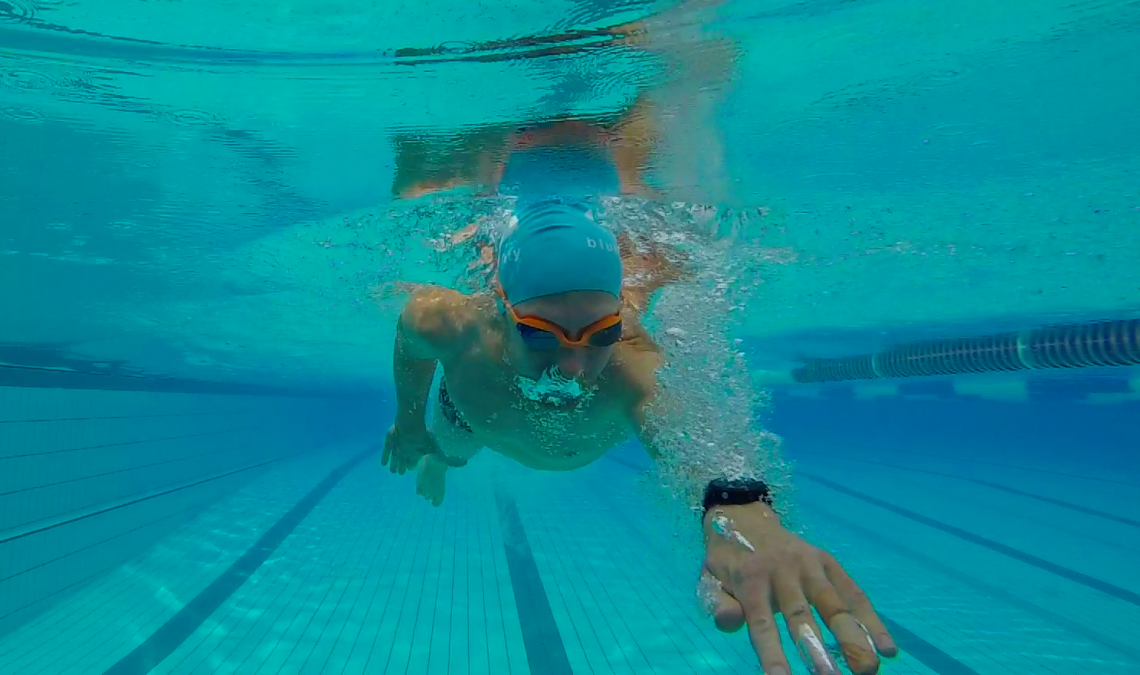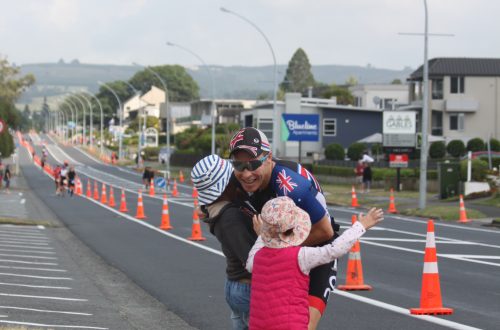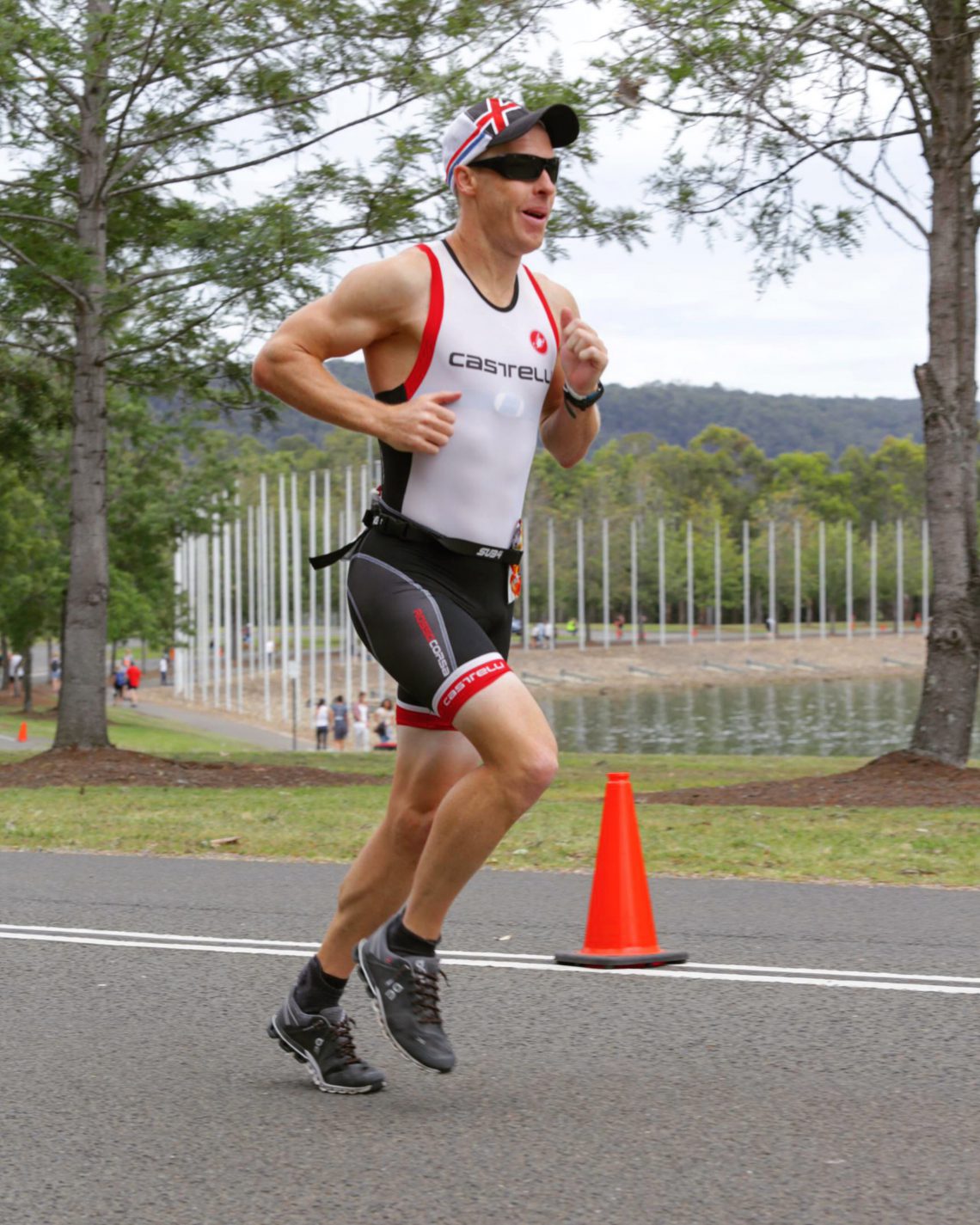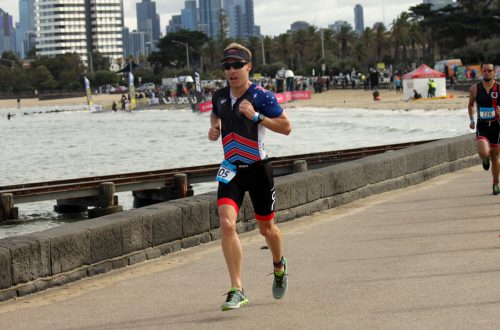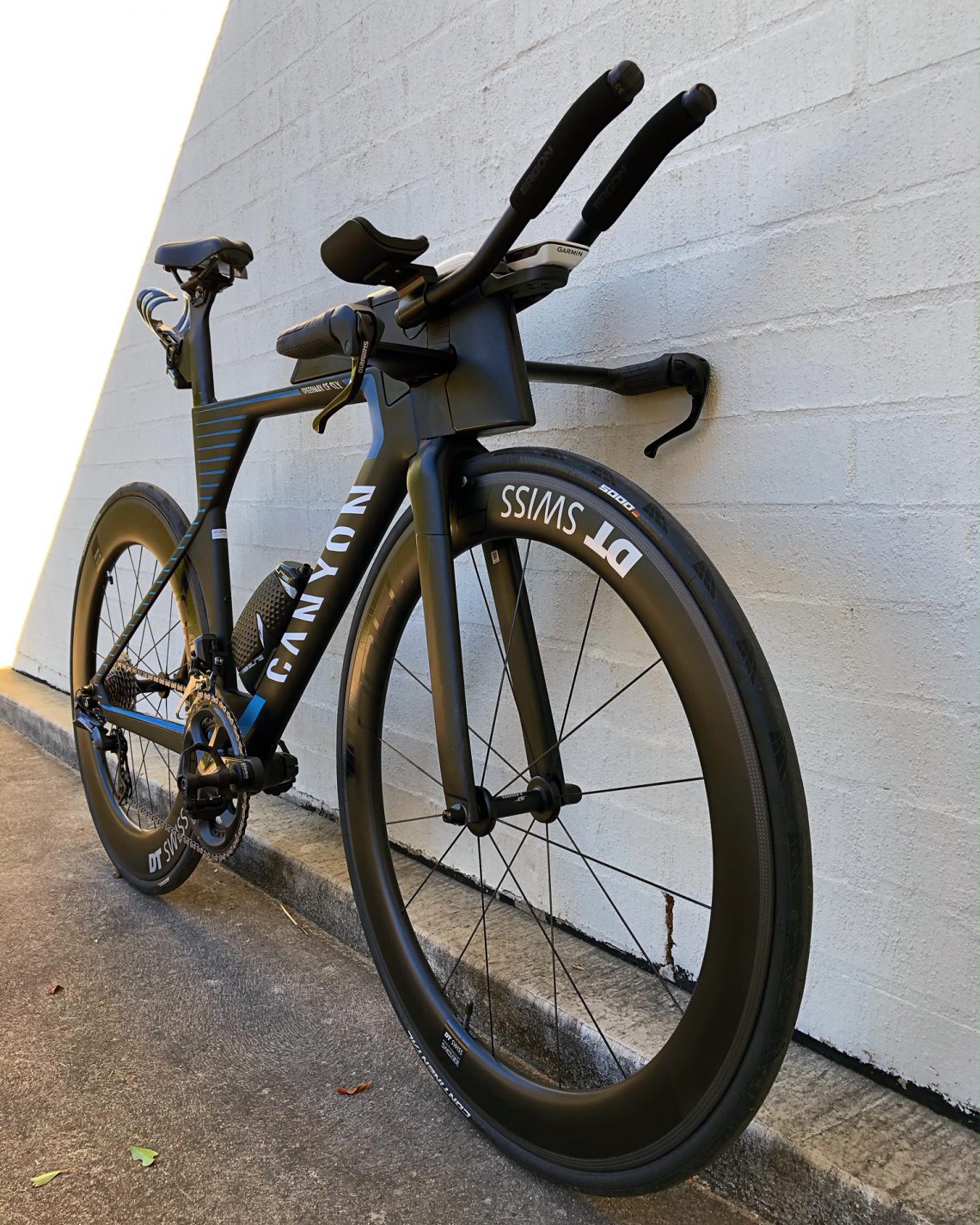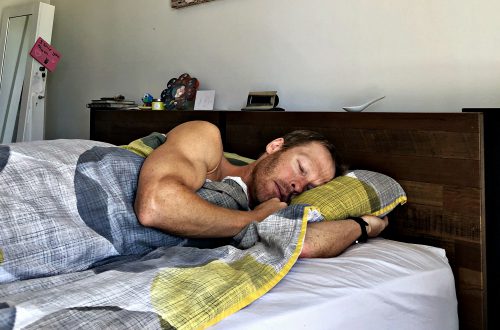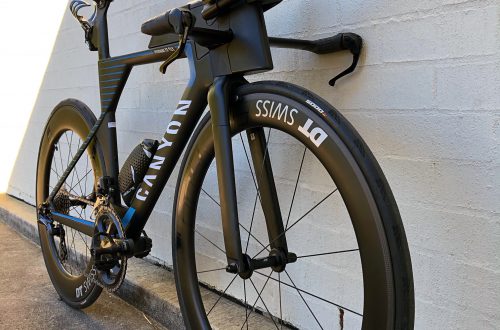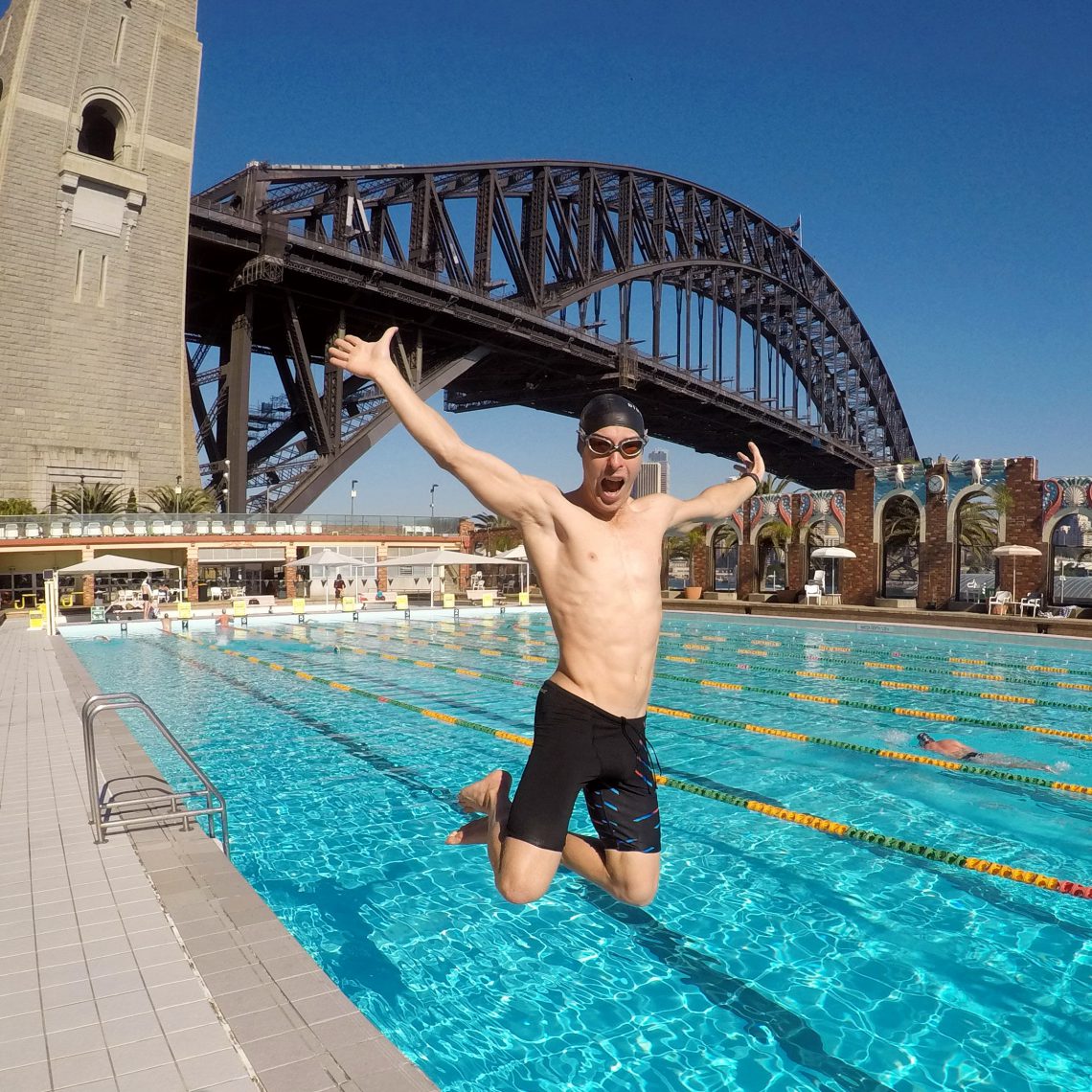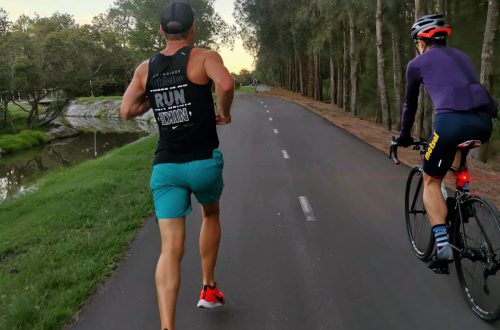Training
-
SMART Goal Setting
Setting a Goal Defining a goal should always be the first step. Whether the goal is to finish a race, run 5km continuously, or even getting a job, using S.M.A.R.T. goals is a key factor to success. S.M.A.R.T goals stands for Specific, Measurable, Achievable, Realistic, and Timely. Working through this process provides clarity around your goal. I’ll expand on the acronym. Specific What specifically do you want to achieve? The clearer and more well-defined your goal is, the greater the rate of success. Consider the five “W” questions: Who is involved in this goal? What do I want to accomplish? Where is this goal to be achieved? When do I want to achieve this goal? Why do…
-
Rules of Engagement (Training)
Setting a Goal Determining what your goal is for being active, can play a fundamental role in you achieving what you set out to do. Aimlessly training is one way to lose the enthusiasm to get off the couch and be active. However, by having a goal it gives you a why for those times when you may not feel like training, or when a session challenges you. Set your goals high enough to inspire you and low enough to encourage you. – Unknown – Select the Right Intensity Once we have a goal we are working towards, there can then be a tendency to smash yourself. You work harder…
-
Improve your swim without swimming
To improve your swimming there to parts to the formula; fitness + technique. Swim fitness is built by spending more time swimming. But the technique isn’t so easy to improve. Professional swimmers constantly work under the watchful eye of a coach on refining and improving technique. But if you have poor mobility, it’s very difficult to improve your technique as you just don’t have the range of motion to get into the correction position to be efficient. This is something I constantly battle with, as for work I spend a lot of time sitting at a desk. Here are 6 stretches to improve your swimming on while out of the…
-
Is being sick all bad?
Look at the positives of sickness Getting sick can feel like the worst thing when you’ve been training hard. It feels like all the great progress you’ve made instantly disappears in one or two days while you sulk about with congestion, headaches, aches and pains. Thinking it’ll take months to get back to the fitness levels you were before being sick, it can feel like a sense of helplessness. But there are always two sides to look at anything. For example, being positive with training; Looking at the upsides of sickness can help to get through the challenging period a little less stressful. Sickness provides well-needed rest. Training is about…
-
Basics to keep improving cycling FTP
Ride frequently It’s quite simple, spending more time cycling will improve your FTP. Increase your current riding volume by 10-15% will see some good gains. Allowing time in your week for a long aerobic ride is very important. It helps to build and maintain the base for all the quality work you do. Generally the longer the ride the better, but keep in mind the distance in which you are preparing for. There’s no real need to do 5-6hr rides if training for a sprint triathlon. Also, for a time-crunched athlete spending 4-5hrs on a long ride might give some great gains, but not at the expense of missing a…
-
Learning to Swim Better
Swimming beginnings My dad taught me to swim around the age of 5 in my grandparents’ pool. As a kid and even a teenager I swam regularly but not for fitness, it was to stay cool and for fun! So I’ve always been pretty comfortable in the water, which is often the greatest struggle people face when learning to swim. But it wasn’t until my 30s and starting triathlon that I started to train to swim better. I thought I was relatively fit when I started to swim, but I was completely out of breath after my first 50m! I couldn’t believe how hard it was to actually swim a…
-
Improve your running
3 tips to improving your efficiency on the run and therefore going faster for less energy.
-
Rest
Rest is a critical part of training and progress. It’s definitely not something to overlook and is important for success at sport.
-
Importance of sleep
Sleep promotes the building of muscle, strength, and endurance. It is critical to recovery and should be made a priority if you want to get your best results. Although I know these facts, I still really struggle in the sleep department to go to bed when I should! I bring this topic up, as of late its been something I’ve really been struggling with to get on top of. As an age grouper triathlete with a family, I like to have some downtime that’s not training, working or getting the kids sorted. I have a natural tendency to stay up and so I find myself digging a hole for myself…
-
Have fun!
Triathlon is known as a lifestyle sport. This is because as one gets more into the sport of triathlon, your lifestyle changes to balance the training needed for 3 different disciplines. There’s also gloomy fact about triathlon, is that many people after a period of time will burnout and possibly hang up the tri suit. The training can turn into a grind with hours upon hours each week, particularly when chasing a PR for long course triathlon. Taking time to just have fun can make all the difference. Getting outside to swim, bike or run should be an enjoyable experience. Find others to training with can really help with this,…

